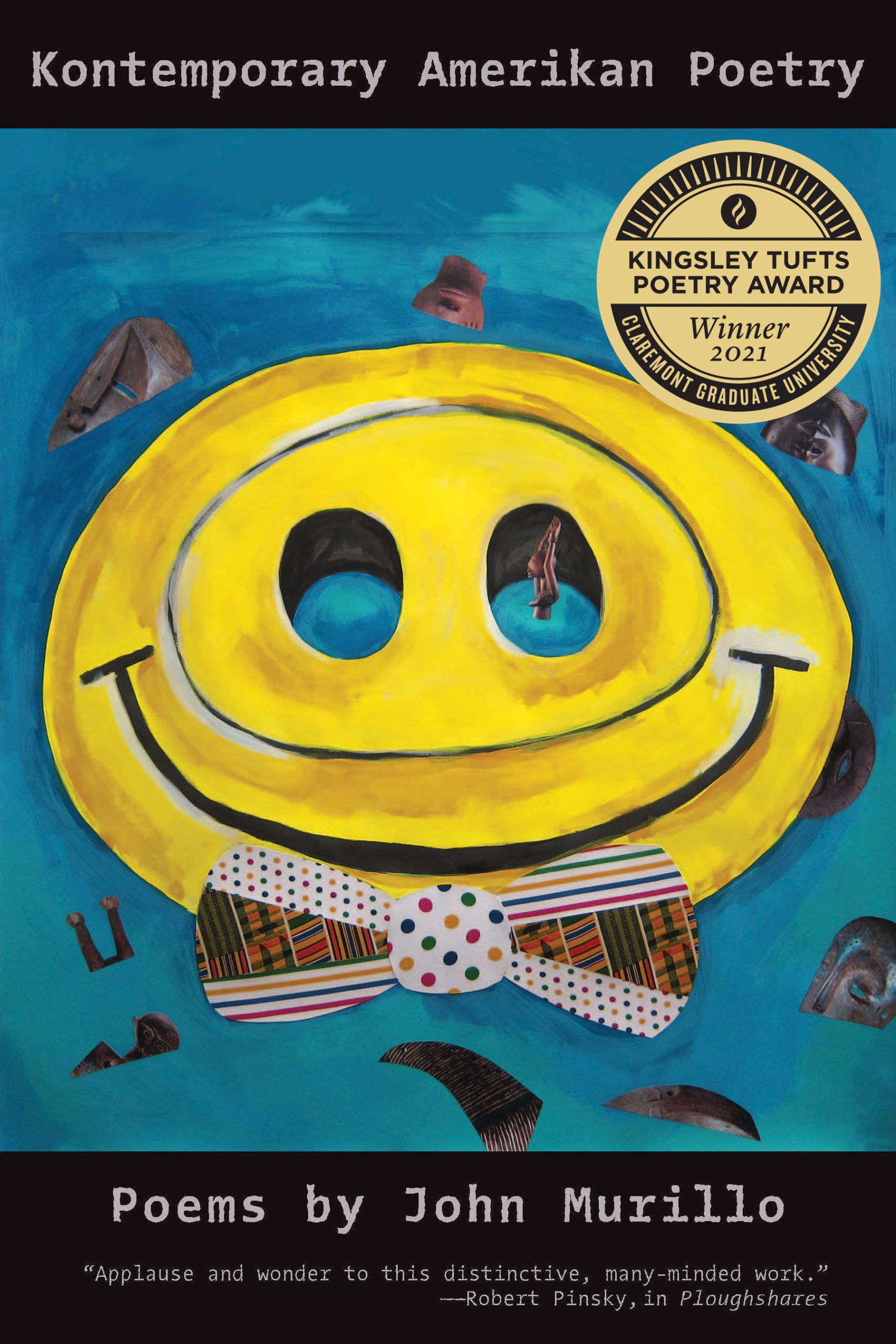
paper • 88 pages • 16.95
ISBN-13: 978-1-945588-47-1
John Murillo’s second book is a reflective look at the legacy of institutional, accepted violence against Blacks and Latinos and the personal and societal wreckage wrought by long histories of subjugation. A sparrow trapped in a car window evokes a mother battered by a father’s fists; a workout at an iron gym recalls a long-ago mentor who pushed the speaker “to become something unbreakable.” The presence of these and poetic forbears—Gil Scott-Heron, Yusef Komunyakaa—provide a context for strength in the face of danger and anger. At the heart of the book is a sonnet crown triggered by the shooting deaths of three Brooklyn men that becomes an extended meditation on the history of racial injustice and the notion of payback as a form of justice. “Maybe memory is the only home / you get,” Murillo writes, “and rage, where you/first learn how fragile the axis/upon which everything tilts.”
Distant Lover
The dead of February, and everything sexual.
So sexual the icicles skirting the barn.
Sexual the animals huddled inside, shivering.
Sexual the cloud disappearing, appearing again,
from your half-open mouth. The moon
swollen bright. Sexual the trees, stark
naked, all their branches spread and undulating
in the wind. Sexual the tundra. Sexual
the blackest snow by the road, made blacker
by the city worker’s plow. Sexual, the snowman
leaning in a midnight yard. So sexual
dead February, the small town windows lit
from inside, fogging, watching you burn.
…Murillo is a poet for his time, equal to its urgency, and graced are we to have him among us in this time of need.
…Kontemporary Amerikan Poetry is a signature event in American poetry.
John Murillo’s stunning new collection speaks hard truths about the violence that afflicts our communities, our bodies, and our stories. Yet over this troubling arena, shaped by hostile social and political climates, a saving grace arises: Murillo’s unfettered ability to get at the heart of the wound, giving us words that empower us to transcend the pain.
In this clear-eyed collection of highly referential, yet decidedly grounded poems, widely acclaimed writer Murillo adopts a deceptively conversational tone to address violence in Black communities, and the broad landscape of American poetics….Murillo proves himself to be steeped in the traditions of American poetry, carving his own path and curating his own canon….
…he articulates the African American experience in language that’s intimate, even conversational, yet carefully crafted for maximum effect….
…These poems juxtapose bruising firsthand experience against dry conceptual categories (‘On Lyric Narrative,’ ‘On Confessionalism’) with a dexterous sense of rhythm and internal and end rhyme as influenced by The Notorious B.I.G. and Elizabeth Bishop. Murillo’s rage against stereotypes and systemic injustice burns through these poems…